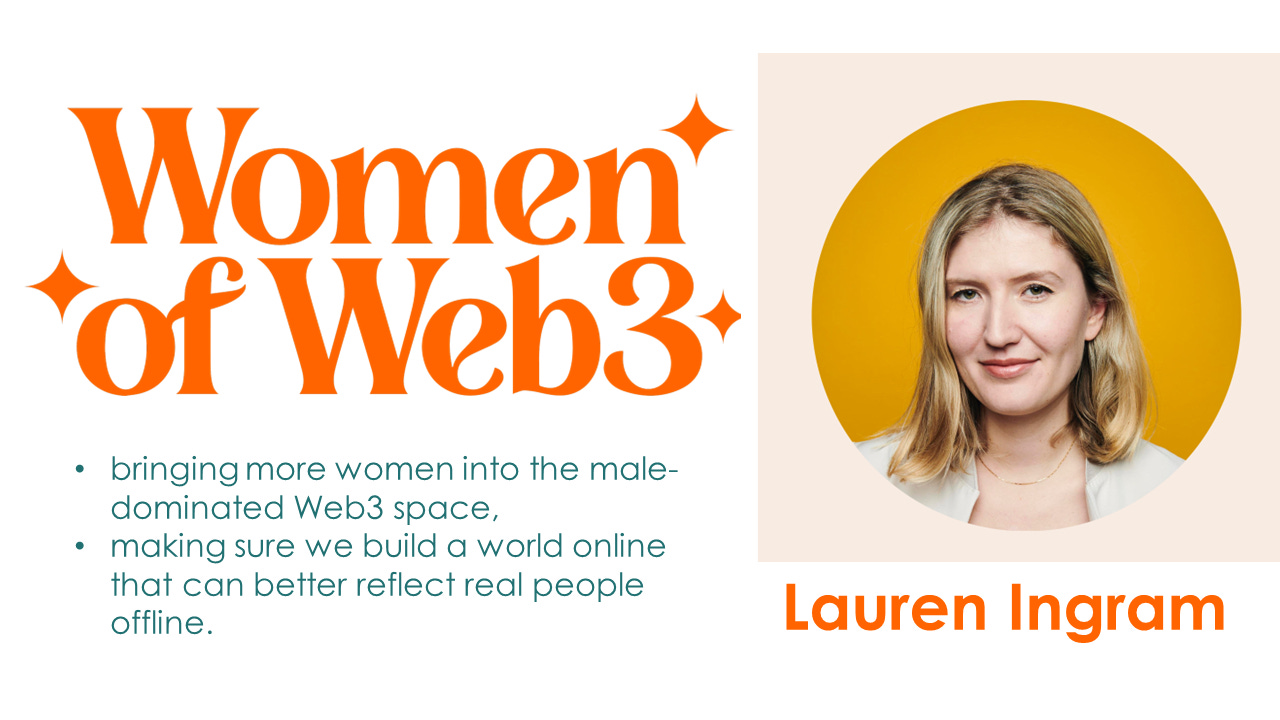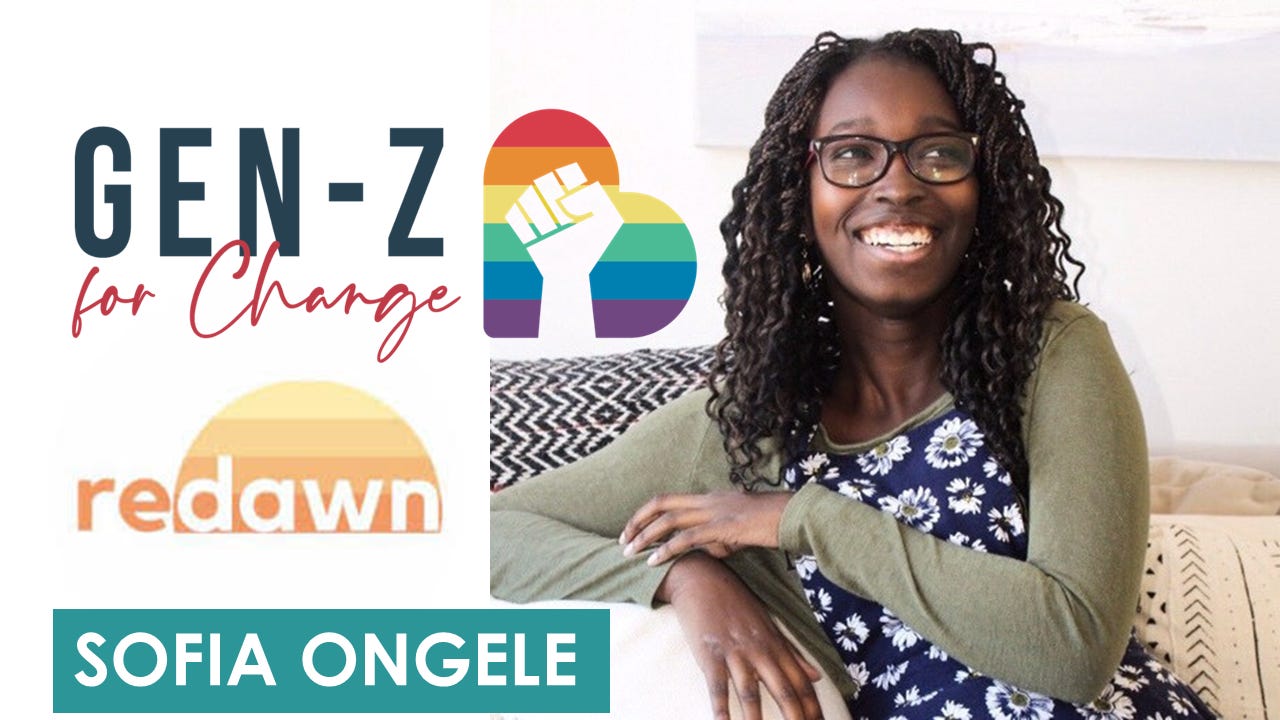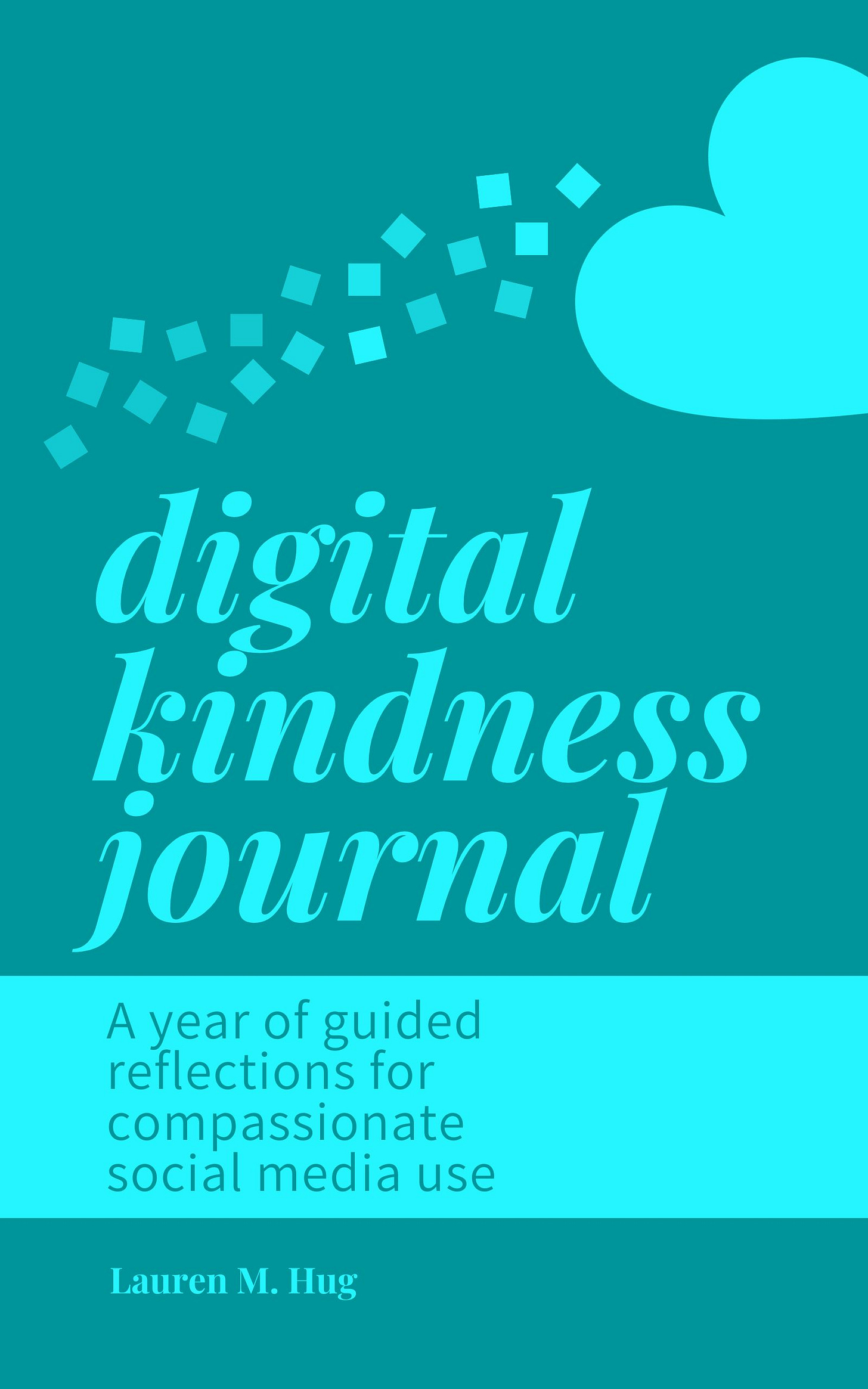Women Transforming Digital Spaces
A look at innovators striving to make the online world safer and more inclusive
This is Part 2 of a talk a I recently gave at an International Women’s Day event titled Women’s Voices in Digital Spaces: The Power to Make Meaning. Part 1 covered how online gender-based violence silences women’s voices online, meaning women’s experiences, perspectives, and ideas are underrepresented in both the design of digital spaces and the content flowing through them. This newsletter looks at ways women are working to change that dynamic and how we can support their efforts. Part 3, coming next week, provides suggestions on how to safely pour our own voices into digital spaces.
Recognizing the amplification of inequity that results when women are silenced and excluded from digital access, design, and discourse, several innovators and creators are working to change things. We can participate in their work by learning about it, supporting it, and sharing how they are making technology and online spaces safer and more equal.
Increasing the number of women designing digital technology
Currently the design of digital technology and digital spaces is a male-dominated field. To change that, Women of Web 3 is focused on bringing more women into this arena to make sure the next iteration of online spaces and technology includes women’s voices and insights.
Web3 is the idea of a new, decentralized internet controlled communally by participants. In theory, access will be controlled by community-run networks rather than a handful of corporations controlling everything online, so it’s extremely important women are part of this next wave of design and development. Lauren Ingram, the founder of Women of Web3 also frequently posts on social media about the lack of female speakers at tech conferences and highlights other women in tech to increase awareness and push for more inclusion.
Addressing misinformation, misogyny, and hate
The overwhelming amount of misinformation, misogyny, and hate in digital spaces is a big reason why they are dangerous for women and girls. Check My Ads Institute, founded by women, exposes the tactics that adtech companies use to push advertiser dollars towards hate and disinformation outlets, holding them accountable to their clients and to the public. Removing sources of funding from these outlets dramatically decreases their reach, making online spaces safer for all of us.
The Check My Ads Institute website provides lots of ways to stay informed and support their work — and a key way to do so is by sharing or commenting on their social media posts. The more people share and comment, the faster Check My Ads can get companies to pay attention to the issues they’re tagging them in.
Covering current events from the perspectives of women
Women’s voices and perspectives matter. The 19th News is an independent, non-profit digital newsroom founded by women, dedicated to reporting on current events from a woman’s perspective and the perspective of anyone who is marginalized because of their gender. The founders saw that newsrooms are predominantly run and staffed by (white) men and that issues like reproductive rights and workforce challenges are covered more from a lens of how it affects people in power rather than the people directly and disproportionately impacted by policy decisions.
The 19th News is changing that, breaking incredibly powerful stories that other newsrooms miss because of their limited lens. A documentary made by women filmmakers about the creation of The 19th News called Breaking News is now streaming for free at PBS. It’s fascinating in its own right.
Bringing all of these approaches together
Sofia Ongele, a 22-year-old developer, creator, and activist, began learning how to code at age 15. At 17, she created her first award-winning app, ReDawn, to support survivors of sexual violence. She currently serves as Director of Digital Strategy at Gen Z for Change, an organization dedicated to empowering that generation through education and civic engagement, using the power of social media to drive progressive change and hold those in power accountable.
Sofia recently gave an inspiring TED talk titled “Your Creative Superpowers Can Help Protect Democracy” that urges anyone with “social media and a smartphone to tell a story and let it spread like wildfire.” She encourages us to use our platforms to ensure that the “voices of the masses are genuinely heard and accounted for.” She believes, like I do, that we can “change our communities for the better, forever,” by, in her words, “causing a ruckus on the internet.”
As Sofia says in her TED Talk: “The truth is, any of us, of any age, living in some semblance of a democracy or striving towards it, possess the tools to have a voice in our governments and communities. It’s just a matter of learning how to have agency with those tools.”
By sharing their work, and by pouring our own voices and perspectives into digital spaces, we can change what people know about the world and believe to be possible.
As imperfect as the dominant social networks are, voices deemed unimportant, irrelevant, or too disruptive by traditional publishers are now being heard by far more people than ever before. The digital presence of these voices allows women who are seeking validation or understanding to discover they’re not alone, to find resources and encouragement relevant to what they’re experiencing, to access education and economic empowerment, and to find ways to work together to create world in which gender gaps are closed and women flourish … which means all people flourish.
Grace Lee Boggs, a community leader and believer in the power of small groups to create positive social changes, said:
“People are aware that they cannot continue in the same old way, but are immobilized because they cannot imagine an alternative. We need a vision that recognizes we are at one of the great turning points in human history when the survival of our planet and the restoration of our humanity require a great sea change in our ecological, economic, political, and spiritual values.”
The dominant narratives of our time won’t get us there. We need new stories (and ancient stories that have been buried and silenced) to build a world of equality and inclusion. We need stories told by women about a different way of being of human.
The world needs your stories.
Next week we’ll look at how to (safely) pour our voices into digital spaces.
Digital Kindness Journal Prompt #8
In digital spaces, how do you usually respond to people who express views that differ from yours?
What do you like about the way you respond? What, if anything, would you like to change?
Answer this prompt wherever you journal or the comments section to participate in a community discussion. The Digital Kindness Journal: a year of guided reflections for compassionate social media use contains an outline for developing your personal digital kindness plan based on what you discover from 50+ prompts and a month of reflections on your social media activity and experiences.
MISCELLANEA
A friend posted on social media about Targeted Universalism. It’s a helpful and insightful way of framing how to design for an equitable society. According to the Othering and Belonging Institute at U.C. Berkeley (something that merits many more mentions in future newsletters), “Targeted universalism means setting universal goals pursued by targeted processes to achieve those goals…. The strategies developed to achieve those goals are targeted, based upon how different groups are situated within structures, culture, and across geographies to obtain the universal goal.” I was first introduced to the concept through “The Sum of Us: What Racism Costs Everyone and How We Can Prosper Together” by Heather McGhee — an excellent read.
I saw a production of the play Water by the Spoonful, the 2012 Pulitzer Prize Winner in Drama, by Quiara Alegria Hudes. It focuses on relationships formed in digital spaces, capturing the unique and delicate balance of anonymity, intimacy, meanness, and kindness of digital interactions — honoring the “realness” of online friendships while also acknowledging the ways in which they differ from physical world relationships. At the same time it shows how physical world relationships aren’t necessarily healthier or better than online ones. The play powerfully demonstrates that social media allows for the creation of entirely new communities that could never exist without it: communities spanning geography, race, ethnicity, gender, culture, socioeconomic status, profession, and far more .
A bit of green in honor of St. Patrick’s Day …
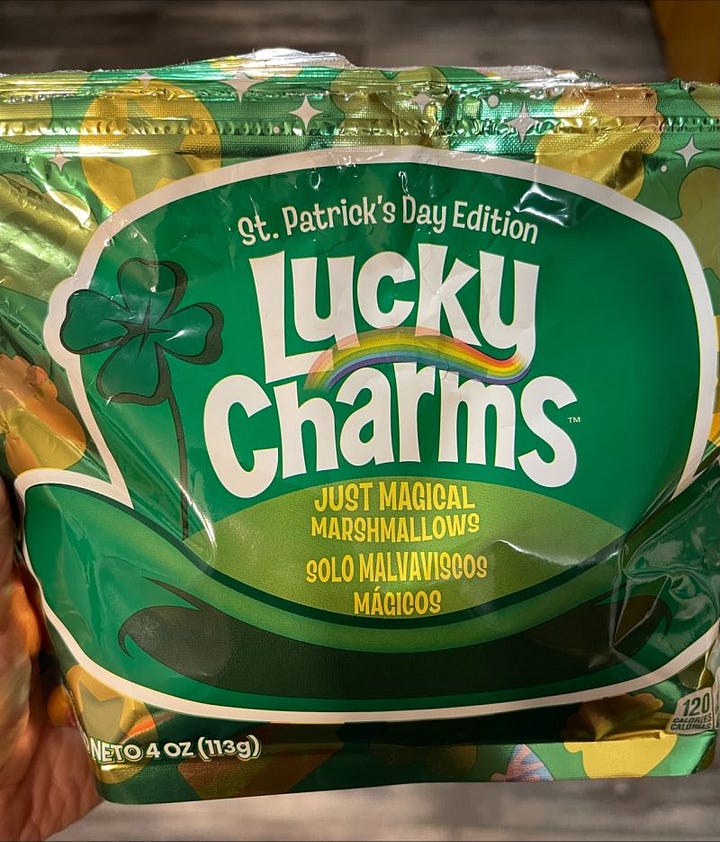
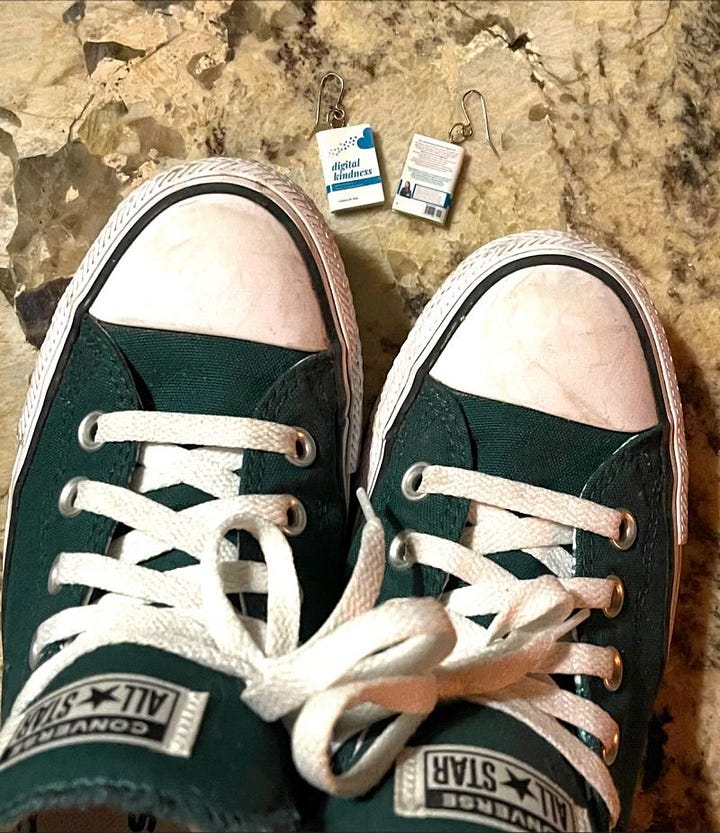
Image 1: As a kid, I never ate the cereal part of Lucky Charms. I just picked all the marshmallows out and ate them by themselves. Image 2: My favorte green Converse and earrings of my book, a gift from my daughter.





